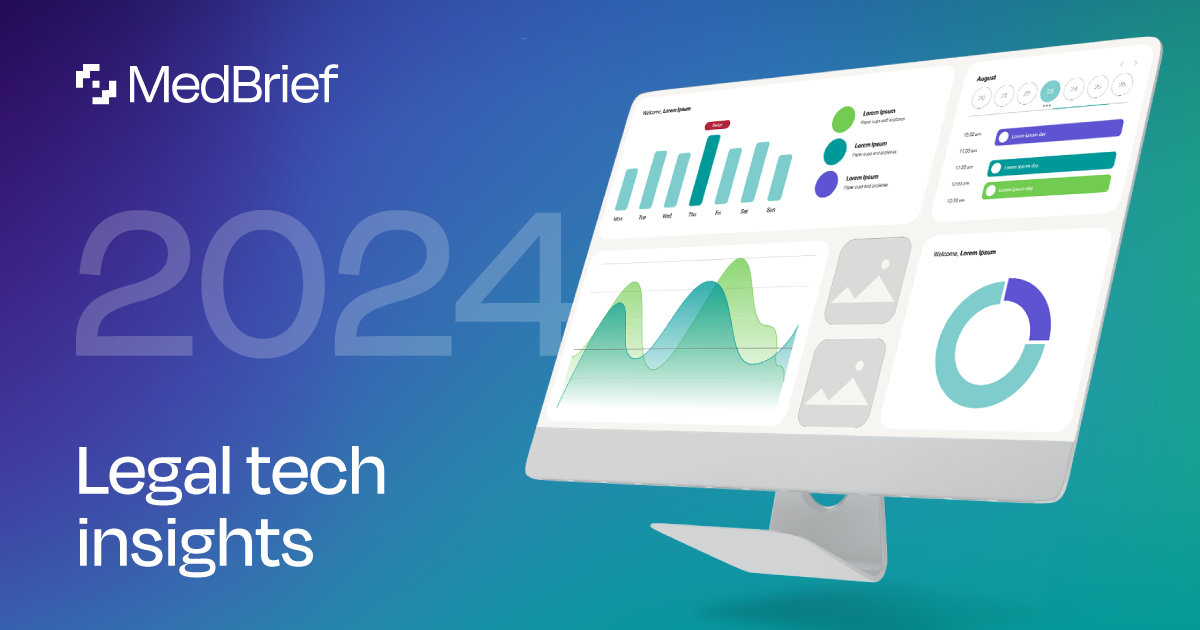In a medico-legal case disclosures are important. Whether you’re a doctor, a patient, or a lawyer dealing with medical cases, knowing about disclosures is essential. In this guide, we’ll talk about what disclosures are, why they matter, and how they affect healthcare and clinical negligence cases.
What are they?
Within a medico-legal context, disclosures refer to revealing relevant information to the appropriate parties. This information may relate to a patient’s medical history, treatment options, risks involved, potential outcomes, or any other important details. Disclosures aim to ensure transparency, and informed decision-making, to maintain ethical standards within healthcare.
Disclosures have several different purposes
Informed consent
One of the main principles of ethical healthcare is informed consent. Before undergoing any medical procedure or treatment, patients have the right to be informed about the treatment, potential risks, benefits, alternatives, and any consequences. Disclosures enable patients to make decisions about their healthcare, creating a level of trust between healthcare providers and patients.
Risk management and liability
Failure to provide necessary disclosures can have legal consequences for healthcare providers. In cases where patients experience adverse outcomes, inadequate disclosures or the absence of informed consent may lead to allegations of medical negligence or malpractice. By ensuring comprehensive disclosures, healthcare providers reduce the risk of legal disputes and maintain professional standards of care.
Ethical imperatives
Disclosures align with ethical imperatives central to medical practice, such as beneficence (acting in the patient’s best interest), non-maleficence (avoiding harm), and respect for patient autonomy. By openly communicating with patients and involving them in decision-making processes, healthcare professionals uphold these ethical principles.
Types of disclosures in a medico-legal context
Disclosures involve various forms of communication aimed at providing patients with relevant information. Some common types of disclosures include:
Medical history disclosure
Healthcare providers are obligated to disclose relevant aspects of a patient’s medical history, including pre-existing conditions, previous treatments, and allergies, to inform current medical decisions accurately.
Treatment disclosure
Patients have the right to be informed about the nature of proposed treatments, including their purpose, potential risks, benefits, alternative options, and expected outcomes.
Risk disclosure
Healthcare providers must disclose foreseeable risks associated with a proposed treatment or procedure, enabling patients to make informed decisions about their healthcare.
Challenges and considerations
While disclosures are essential for ethical healthcare, there are several challenges:
Cultural and linguistic barriers
Communication may be affected by cultural differences or language barriers, necessitating the use of interpreters or culturally competent communication strategies to ensure understanding.
Complexity of information
Medical information can be complex and overwhelming for patients to understand. Healthcare providers need to ensure clear and accessible language and use visual aids to help understanding.
Vulnerability
In certain cases, patients may be particularly vulnerable due to factors such as age, cognitive impairment, or emotional distress, affecting their decision-making. Healthcare providers must adapt their approach to disclosures accordingly to ensure good support.


